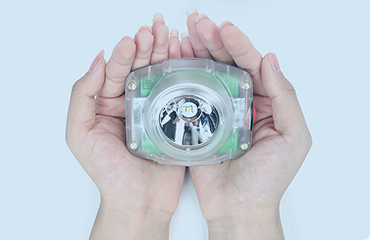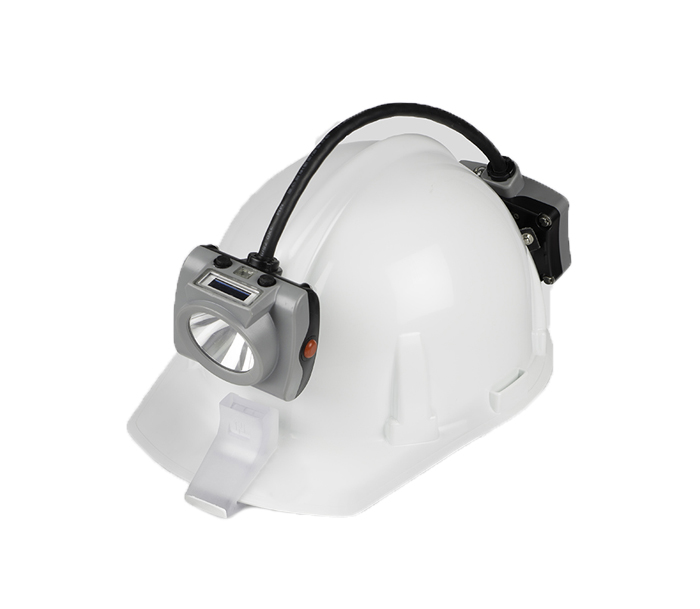Lithium Batteries Are Widely Used
By and large, lithium batteries bring a wide range of different benefits to the table that are difficult - if not impossible - to replicate in any other way. Also commonly referred to as lithium-metal batteries (due to the fact that they use lithium as an anode), they're typically capable of offering a very high-charge density (read: longer lifespan) than other alternatives that are on the market today.
For that reason alone, lithium batteries have a wide range of applications in our daily lives, especially for those critical in nature that we tend not to spend too much time thinking about. For example, lithium batteries are widely used in underground mining and other industrial fields. All thanks to that longer lifespan that minimizes the need to replace the battery over time.
Cylindrical lithium batteries, as the name suggests, feature electrodes that are encased in a cylindrical cell that is wound very tightly within a specially designed metal casing. This unique makeup helps to minimize the chances that the electrode material inside will break up, even under the heaviest of use conditions
Issues like mechanical vibrations, thermal cycling from charging and discharging, and the mechanical expansion of current conductors are all things that can affect a battery's lifespan. Therefore, the design of these cylindrical units is intended to help mitigate risk from these and other factors as much as possible.
On the inside of a cylindrical battery, a series of cells are combined and operate in parallel to one another. This is done to help increase both the voltage and the overall capacity of the battery pack.



















